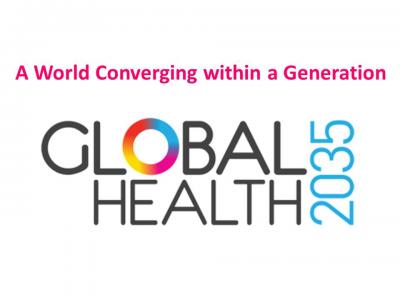Prof. Dean Jamison Profiled in The Lancet
Dean Jamison, health economist, Prof. of Global Health, Disease Control Priorities in Developing Countries (DCP3) Series Editor, and co-chair of the Lancet Commission on Investing in Health, was profiled by Richard Lane of the Lancet on December 7. View the profile here.

